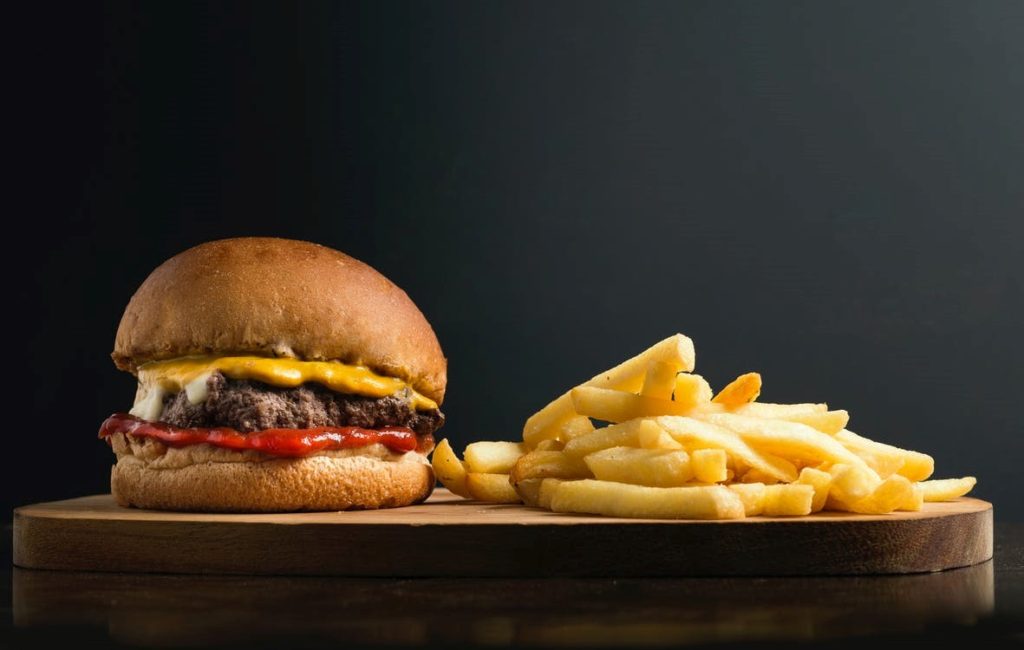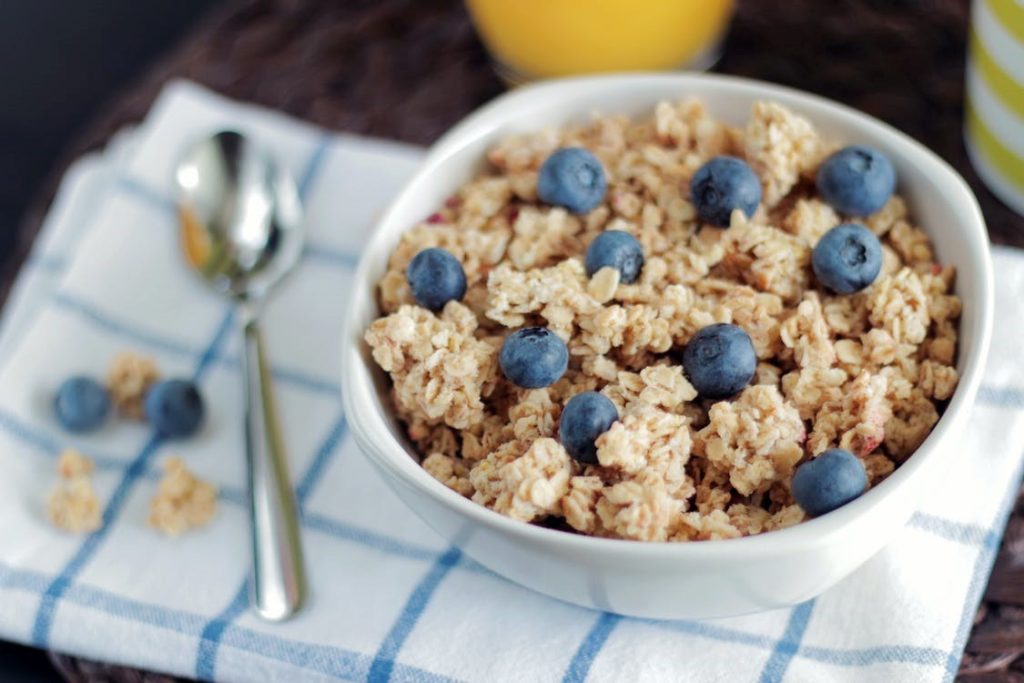
Femcompetitor.com, grapplingstars.com, fciwomenswrestling.com, fcielitecompetitor.com, fciwomenswrestling2.com, Ketut-Subiyanto-pexels.com-photo-credit
February 14, 2021,
You have no one to blame but yourself.
Most of the time.
Being afflicted with diabetes is often about eating and lifestyle habits.

Sometimes your propensity to acquire it is hereditary.
Diabetes mellitus (DM), commonly known as diabetes, is a group of metabolic disorders characterized by a high blood sugar level over a prolonged period of time.
Symptoms often include frequent urination, increased thirst and increased appetite.
If left untreated, diabetes can cause many complications.
Acute complications can include diabetic ketoacidosis, hyperosmolar hyperglycemic state, or death. Serious long-term complications include cardiovascular disease, stroke, chronic kidney disease, foot ulcers, damage to the nerves, damage to the eyes and cognitive impairment.
Type 1 diabetes results from the pancreas’s failure to produce enough insulin due to loss of beta cells. This form was previously referred to as “insulin-dependent diabetes mellitus” (IDDM) or “juvenile diabetes”. The loss of beta cells is caused by an autoimmune response.
The cause of this autoimmune response is unknown.
Type 2 diabetes begins with insulin resistance, a condition in which cells fail to respond to insulin properly. As the disease progresses, a lack of insulin may also develop. This form was previously referred to as “non-insulin-dependent diabetes mellitus” (NIDDM) or “adult-onset diabetes”.
The most common cause is a combination of excessive body weight and insufficient exercise.

According to the United States Centers for Disease Control and Prevention (CDC), “Before developing type 2 diabetes, most people have prediabetes; their blood sugar is higher than normal but not high enough yet for a diabetes diagnosis. Prediabetes is really common—more than 88 million US adults have it, though more than 84% of them don’t know they do. The good news is that prediabetes can be reversed.”
That is right. It can be reversed or have the symptoms reduced.
One of the biggest culprits to produce the onset of diabetes is drinking too many sugary drinks.
Can you eliminate that bad habit?
Can you get more exercise?

The team at diabetes.org admonishes, “Remember, along with your diet and medications, regular physical activity is an important part of managing diabetes or dealing with prediabetes. Because when you’re active, your cells become more sensitive to insulin so it works more effectively. And you just feel better. And look better.”
Their team is very impressive.

They add that the moving force behind the work of the American Diabetes Association is a network of more than 565,000 volunteers, their families and caregivers, a professional society of nearly 20,000 health care professionals, as well as more than 250 staff members.
Can you eat better?

As shared at medicalnewstoday.com, “Citrus fruits, such as lemons, oranges, and limes. High-fiber foods, including beans and lentils. Some whole grains, such as oats, quinoa, and barley. Protein-rich foods, including lean meats, fish, soy, legumes, and nuts.”

With the addition of Covid-19 into the mix, the consequences from having diabetes and the virus at the same time can be deadly.
Having said all of that, there is nothing like an everyday individual’s personal experience that can shed some light on what we might do to have a similar positive experience.
Please read on.
How Diabetics Can Avoid the Deadly Consequences of COVID-19

By Paul D Kennedy | Submitted On May 08, 2020
COVID-19 is a deadly virus that targets the lungs of infected patients causing severe breathing difficulties. It is lung specific, ie the virus only has cell receptors for lung cells. It causes your lungs to gum up which means breathing becomes laboured as you struggle for breath.
The only way for the virus to infect you is through your nose, mouth, or eyes when you touch them with your hands or through an infected cough or sneeze that lands on one of these three openings into your body. The secret to preventing infection is to avoid touching your face and to avoid close contact with other people as you do not know who could be infected.
People with type 2 diabetes (T2D), high blood pressure or obesity are more likely to become severely ill or indeed die if they are infected with COVID-19. However, a recent study published in the journal Cell Metabolism shows that patients who have good control over their blood glucose levels have a much better chance of surviving a bout of infection with COVID-19.
The study was carried out in Wuhan, a city in Hubei province in China, where the pandemic started. The trial involved collecting health data from 7,337 confirmed cases of COVID-19 who were admitted to 19 hospitals in Hubei. A total of 952 of these patients had T2D, of whom 282 had well-controlled blood glucose levels.
The study found that patients admitted to hospital with T2D and coronavirus needed more medical assistance and intervention than persons without underlying medical conditions. T2D patients were also more likely to die or experience the degradation of vital organs.
The study also found that T2D patients who had well controlled blood glucose levels were less likely to require medical intervention and/or ventilation. In addition, those who were controlling their glucose levels properly were significantly less likely to die and much more likely to improve their COVID-19 health outcomes compared to those who had poor control of their blood glucose levels.
So, as you can see, the answer to the question is very simple… keeping your blood glucose levels under control will give you a much better chance of surviving if you do become infected.
If ever there was an incentive for diabetics to get their act together and start beating their diabetes this must be it. Perhaps it is about time we stop being blasé about this silent killer and begin following a low-sugar, low-fat diet.
Research into the relationship between type 2 diabetes and various coronaviruses is ongoing.
Paul D Kennedy is a type 2 diabetic. He used his skills as an international consultant and researcher to find a way to beat his diabetes using diet alone and, about eight years ago, he stopped taking medications to control his blood glucose levels. You can find out more from beating-diabetes.com or by contacting Paul at paul@beating-diabetes.com. His book Beating Diabetes is available as a Kindle e-book or a printed book from Amazon. The printed edition is also available from Create Space online book store.
OPENING PHOTO Femcompetitor.com, grapplingstars.com, fciwomenswrestling.com, fcielitecompetitor.com, fciwomenswrestling2.com, Ketut-Subiyanto-pexels.com-photo-credit
Article Source: https://EzineArticles.com/expert/Paul_D_Kennedy/226416
Article Source: http://EzineArticles.com/10294192
https://ezinearticles.com/?How-Diabetics-Can-Avoid-the-Deadly-Consequences-of-COVID-19&id=10294192
https://www.medicalnewstoday.com/articles/316569
https://www.cdc.gov/diabetes/index.html
https://en.wikipedia.org/wiki/Diabetes
https://www.fcielitecompetitor.com/
https://fciwomenswrestling.com/



